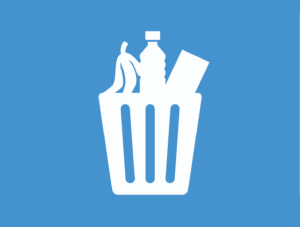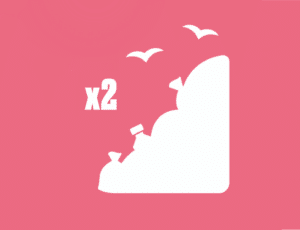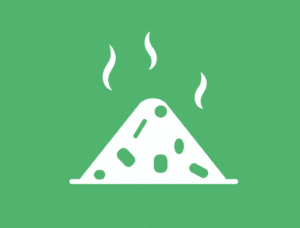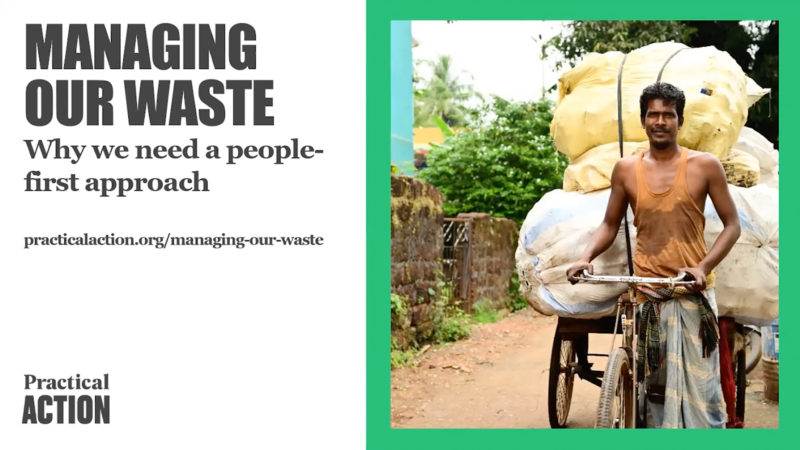The Managing Our Waste 2021 report calls for a people-centred approach to the waste crisis.
Rather than focusing on waste flows and particular types of waste, we must turn attention to the waste services people need, and to opportunities for the most marginalised to be a core part of the solution.



